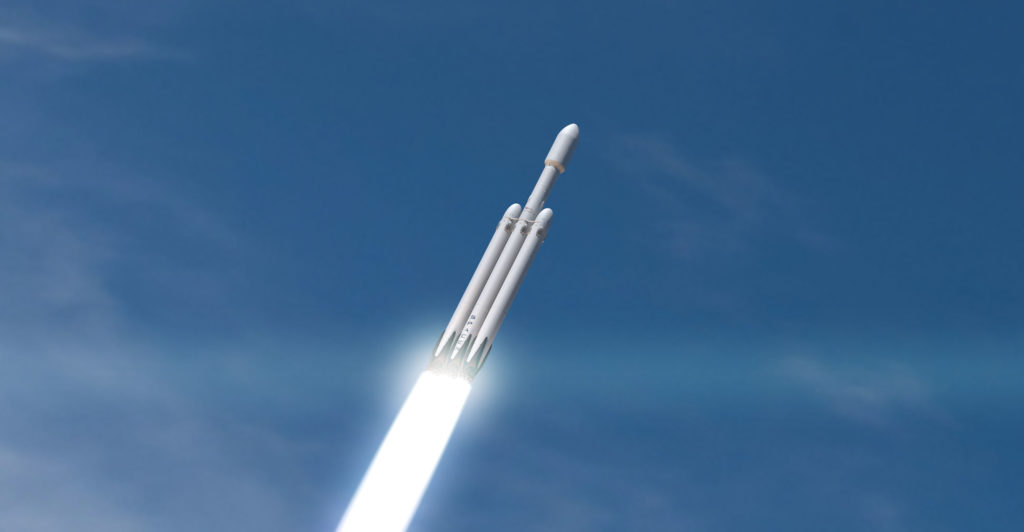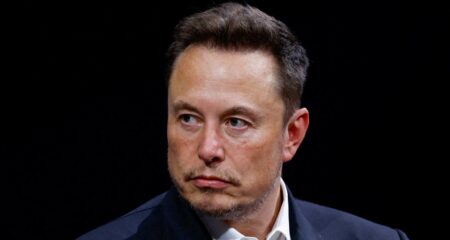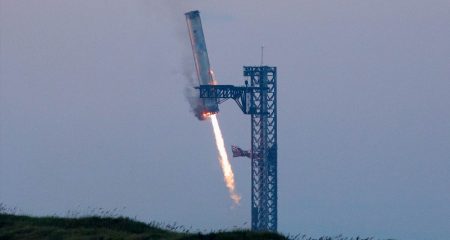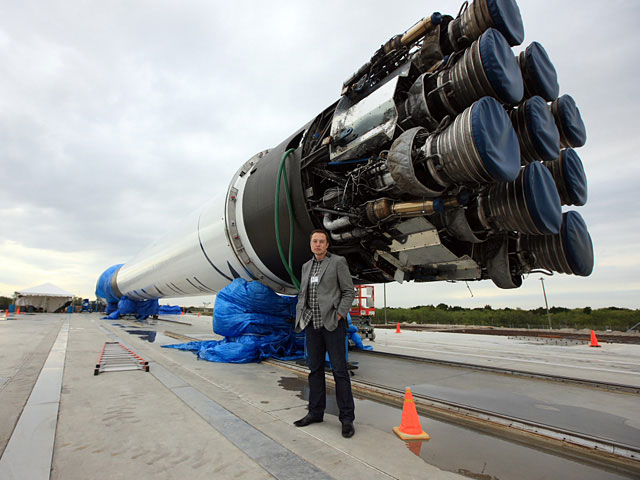
Tesla assured investors its highly anticipated Model 3 sedan is on track to begin production, mitigating concerns that the car maker, led by Elon Musk, is burning through more cash to bring the vehicle to market.
The Model 3 remains on schedule for output to start in July, Tesla said on Wednesday as it reported first-quarter earnings results in a letter to shareholders. Excluding some items, Tesla lost US$1,33/share, a bigger deficit than analysts estimated. Cash burn was the second most in the company’s history, behind only the final period of last year.
Musk, 45, has flagged plans to spend heavily during the first half of this year to bring out Tesla’s most affordable car to date. Keeping the sedan’s arrival on course is essential to supporting Tesla’s high-flying share price, which vaulted the company’s valuation past the much larger and profitable General Motors and Ford last month.
“All eyes are on the Model 3, and reaffirming the July guidance is great,” said Joe Dennison, associate portfolio manager of Zevenbergen Capital Investments in Seattle. “We’re at an inflection point where we’ll see just how big of a company Tesla may ultimately be.”
Tesla shares fell about 2,7% to $302,50 as of 6.35pm, after the close of regular trading. Analysts were projecting the Palo Alto, California-based company would report a loss of about $0,82/share.
In the first quarter, Tesla burned through $622,4m — about half the amount raised in equity and debt offerings earlier this year. The company expects to roughly triple capital expenditure in the second quarter compared with the first three months.
The roll-out of the Model 3 sedan will give an indication of how much the enigmatic Musk learnt from mistakes made with the Model X sports utility vehicle. First introduced in late 2015, the vehicle was marred by design changes, parts shortages and build problems.
“Tesla had a lot of troubles with the Model X, but they’ve simplified the Model 3,” Cole Wilcox, CEO of Longboard Asset Management, said in an interview ahead of the earnings release. “It’s all about execution on the Model 3 ramp and proving that they can manufacture in high volumes.”
In March, Musk tweeted that the Model 3 would be designed for greater ease of manufacturing, calling the car “just a smaller, more affordable version of Model S”, with “less range & power & fewer features”. Tesla reinforced this in its letter to shareholders.
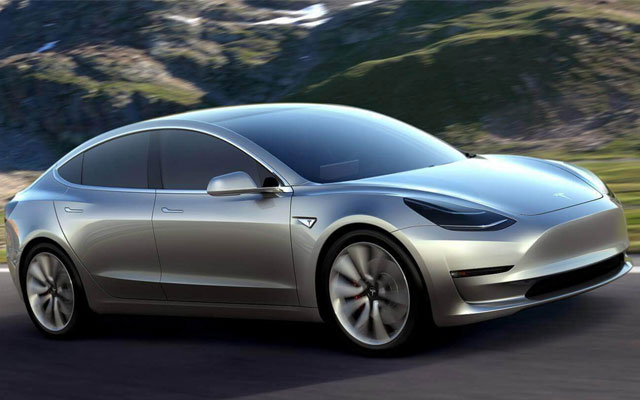
“One of our challenges will be to eliminate any ‘misperception’ about the differences between Model S and Model 3,” the company said. “We have seen a belief among some that Model 3 is the newest and more advanced generation of Model S. This is not correct.”
The Model 3 is expected to start at $35 000 before options or incentives, with a battery range of at least 350km per charge. The first vehicles made will go to employees of Tesla and SpaceX, the Musk-led rocket company.
Although Tesla projects delivering as many as 50 000 vehicles during the first half of the year, the company hasn’t given a forecast for how many it will ship during the second half of the year.
Tesla last year acquired SolarCity to create an integrated clean-energy company that can supply solar roofs and battery storage devices. The deal was controversial because SolarCity’s debt was swelling amid a shift in consumer demand toward purchases of rooftop systems rather than the decades-long leases that made up most of the company’s business.
For the first quarter, Tesla reported deployed 150MW of solar energy, down from the 214MW SolarCity installed a year earlier.
“The lack of unit detail on the S and X in the second half, coupled with the vagueness on Model 3 volume, is a little concerning,” said Jeffrey Osborne, an analyst at Cowen & Co. “I do like the discipline they are showing on SolarCity, though.” — (c) 2017 Bloomberg LP


